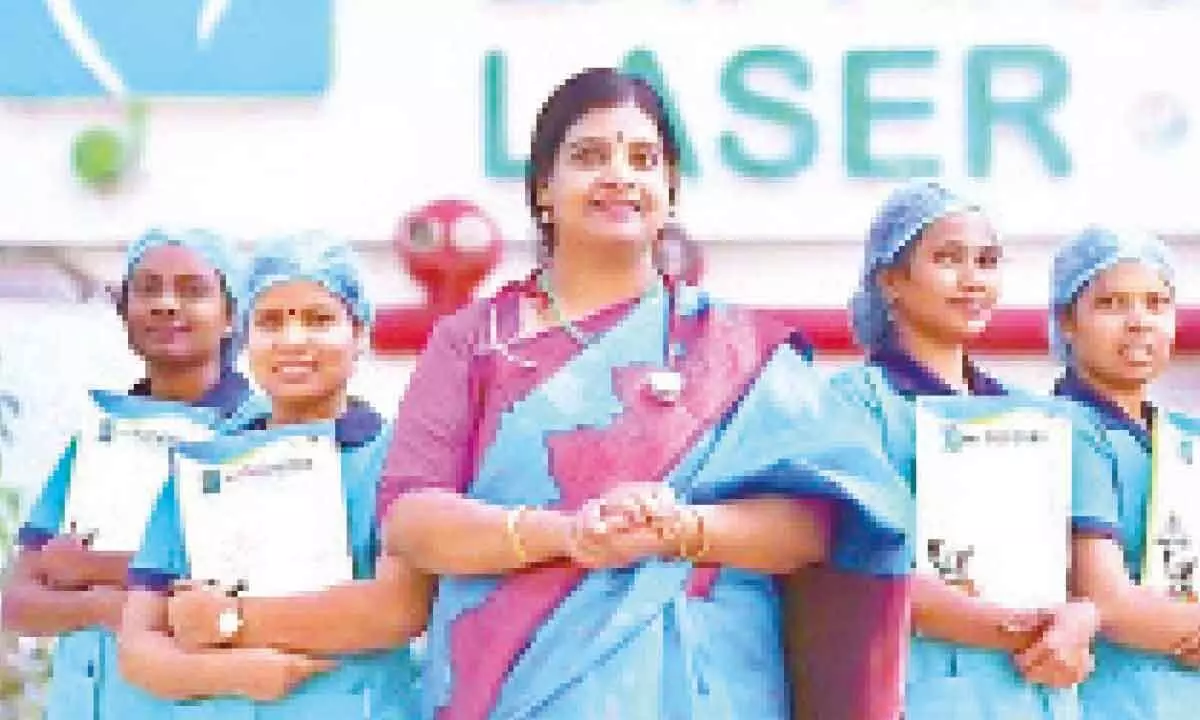Fertility solutions and their outcomes in Sree Nandaka Advanced fertility centre

Fertility solutions encompass a range of medical interventions and treatments designed to help individuals and couples overcome infertility and achieve pregnancy. Here are some our common fertility solutions along with their outcomes:
1. Ovulation Induction (OI):
Outcome : OI involves the use of medication to stimulate ovulation in women who do not ovulate regularly or at all. The outcome of OI can vary depending on factors such as the underlying cause of infertility and the woman’s age. Success rates range from 20% to 60% per cycle, with higher success rates seen in younger women and those with fewer fertility issues.
2. Intrauterine Insemination (IUI):
Outcome: IUI involves placing washed and concentrated sperm directly into the uterus around the time of ovulation to increase the chances of fertilization. Success rates for IUI vary but generally range from 10% to 20% per cycle. Factors such as sperm quality, timing of insemination, and the woman’s age can influence success rates.
3. In vitro Fertilization (IVF):
Outcome: IVF is a complex assisted reproductive technology that involves fertilizing eggs with sperm outside the body in a laboratory setting. The resulting embryos are then transferred into the woman’s uterus.
Success rates for IVF depend on various factors, including the woman’s age, cause of infertility, number and quality of embryos transferred, and the clinic’s expertise. On average, success rates for IVF range from 30% to 40% per cycle, with higher success rates in younger women.
4. Intracytoplasmic Sperm Injection (ICSI):
Outcome: ICSI is a specialized form of IVF where a single sperm is injected directly into an egg to facilitate fertilization. It is typically used in cases of male infertility or when previous IVF attempts have failed.
Success rates for ICSI are comparable more to those of traditional IVF, with factors such as sperm quality and embryo quality playing key roles in outcomes.
5. Egg Donation:
Outcome: Egg donation involves using eggs from a donor to achieve pregnancy in women who are unable to produce viable eggs of their own. Success rates with egg donation are generally high, ranging from 50% to 60% per embryo transfer, depending on the age and health of the egg donor.
6. Sperm Donation:
Outcome: Sperm donation is used to achieve pregnancy in cases where the male partner has severe sperm abnormalities or is unable to produce viable sperm. Success rates with sperm donation are generally high, as long as the woman’s reproductive health is normal.








